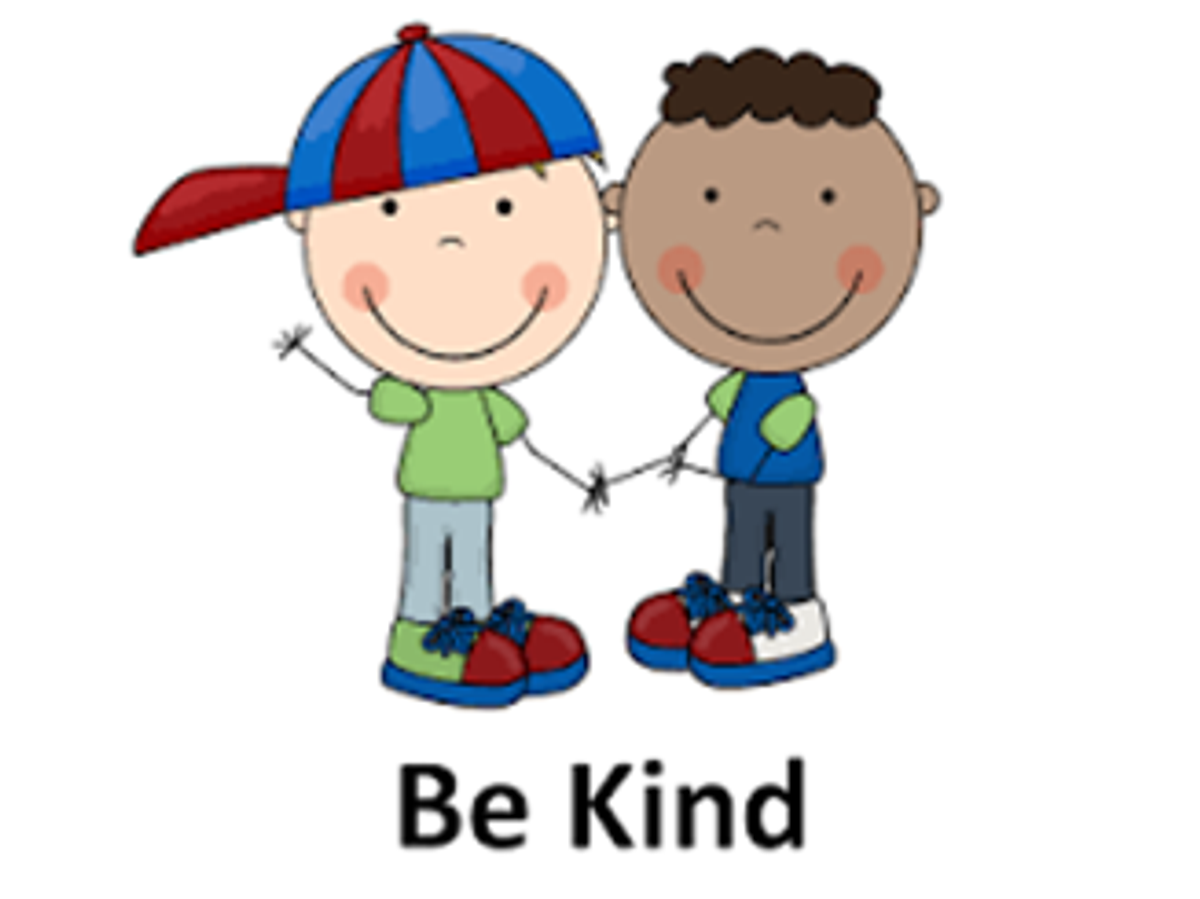Student Wellbeing

Ways to Raise a Compassionate and Kind Child
Like many things, compassion and kindness are qualities that children learn over time and through practice. Thankfully, there are many things you can do to encourage your child to be a kinder, gentler person.
Compassion is a critical social skill and is integral to kids' ability to have connected and lasting interpersonal relationships.
Model Empathy
Your first priority in teaching compassion and kindness to your children is you have to embody those characteristics yourself. Parents can model empathy and compassion in a few ways. This can be through service, such as taking a meal to a neighbour who is ill. Another teaching moment can occur if you hear your child talking about a peer in a negative way, you can encourage them to think about the situation from the other person's perspective. Either way, demonstrating to your child how to put themselves in someone else's shoes is a crucial building block for other caring emotions.
Show Some Gratitude
When individuals have more gratitude, they are more likely to be generous and helpful in the future. Parents are encouraged to set up regular opportunities for modelling and practising gratitude. For example, at dinner, make it a ritual to go around the table and have each person share what they are grateful for from their day. It's a great way to launch dinner conversations, sharing about each person's day, and model and reinforce gratitude.
Boost Your Child's 'Feelings Vocabulary'
Learning how to identify and label emotions can help with processing them, but it can also make your child more aware of other people's emotions—and ultimately show them empathy, compassion and kindness. As your child gets older, the emotions can get more nuanced—surprise, shyness, confusion, irritation — and you can add body language to the facial gestures. And when you read books together, encourage your child to name the emotions of the different characters.
Point Out and Praise Kindness
When you watch your child offering a friend some apple slices, call attention to it by saying, "That was very kind of you to give them a few when you didn't have very many." Then add something like, "I'll bet they were a little envious that you brought a snack to the park when they hadn't. How do you think it made your friend feel when you shared it with them?"
Value Compassion Over Happiness
Speaking of focusing on others, parents often prioritise their child's happiness above anything else. This can become at odds with teaching children compassion and kindness to others when it conflicts with their own short-term happiness. For example, if your child wants to quit the sports team, encourage them to consider their obligation to others and the commitment they made.
Raise a Fully Aware Child
You may worry that introducing kids to life's harsh realities will be too upsetting. But the reverse is actually true, when you expose children to the sufferings of others, they end up feeling grateful for what they have and proud of being able to help someone.
Celebrate Differences
Look for opportunities to have conversations about tolerance and respect. If you don't give child/ren the tools to be comfortable around others who are different, they know how to handle it when they encounter someone who's different as they get older.
Discuss the Difference Between In-Person and Online Conversations
Even adults struggle with understanding that tone and intention don't always come through on a screen.
It's so important to help children understand from an early age that when we're chatting online, our friend can't see our face or hear our voice. It's easy for someone to end up with hurt feelings when a conversation best had in person instead takes place in a text.
It is very important for parents to talk to children about responding online in a way that they would feel comfortable with even if the recipient were face-to-face with us instead of on the other side of a computer screen.
Emphasise the Permanence of Social Media
Even if a post can be deleted, there will always be a digital record of their interactions. It is important for us to remind our children to think and process how they're feeling before taking action.
By pausing before responding it allows a discussion to be had to consider the impact of the person on the other side of the screen.
Everybody has a chance to make the world a better place, help your child make their mark!


